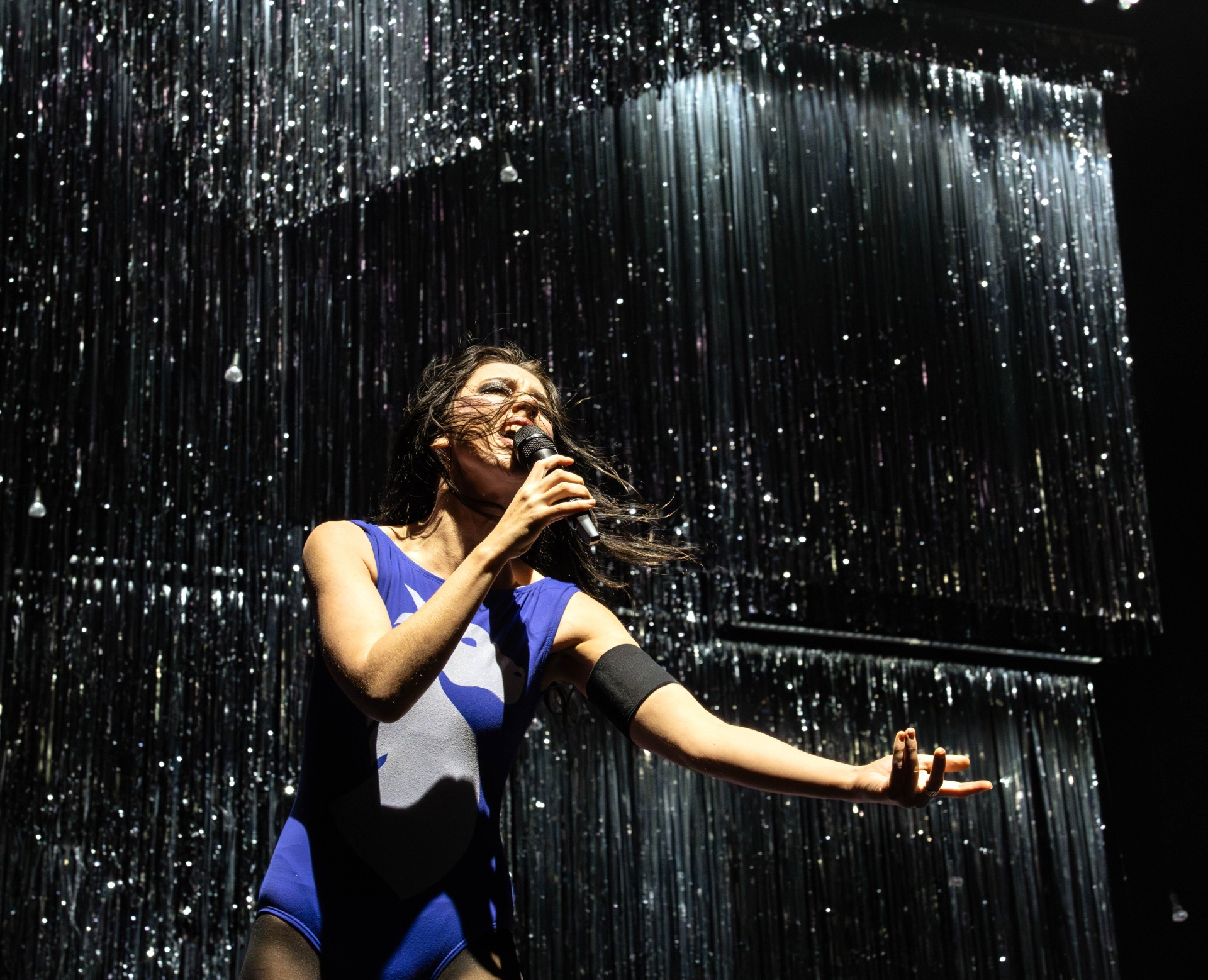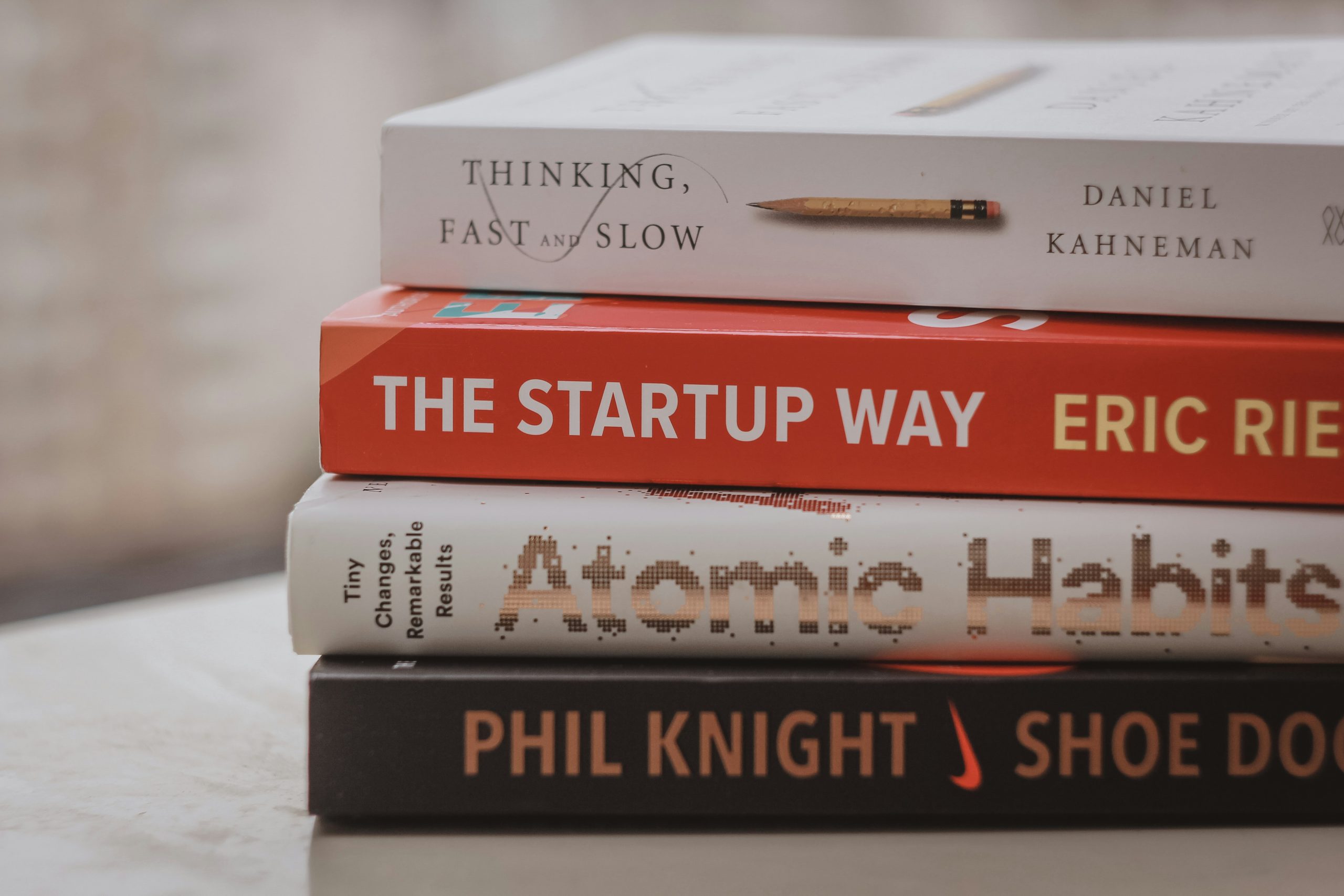“I don’t think there’s any crowd like a Welsh crowd.”
With a successful fourth album out and a gig on home turf as part of their headline tour, Hannah Embleton-Smith spoke to Cardiff’s own Kids In Glass Houses guitarist, Iain Mahanty, ahead of the performance at Cardiff Student Union’s Solus.
This is your first headline tour in two years. How does it feel to be back on the road?
It’s really cool actually because, even though we’ve been doing support shows, it’s not the same as getting out there and doing our own headline shows. Those people are there specifically to see you and that feeling can’t be paralleled, really.
Are you looking forward to playing for your home crowd?
Really excited. Cardiff’s always the one for us, it’s the one we look forward to the most. I don’t think there’s any crowd like a Welsh crowd, so it’s gonna be good.
This time last year you played in the Taf, our student pub. Do you miss the more intimate venues now that you’re getting bigger?
Nah, the more people the better, like! No, it’s a completely different thing, I think. When you’re doing a small, intimate acoustic show, it’s better when there are fewer people because less people are talking over you playing and it’s more personal, I guess. But we enjoy the big shows, really.
Your third album In Gold Blood was nominated for last year’s Welsh Music Prize. What do you think of the Welsh music scene at the moment?
Yeah, it’s good. It seemed to be a lot more concise a couple of years ago, but I think it’s definitely spread out a lot more now. You’ve got progressive punk and bands like Chain Of Flowers who are in shoegaze world, and then you’ve got Straight Lines who are more our world of music. I think it’s good that everyone’s branched out and are finding their own feet.
Swn festival is coming up in just a few weeks. Will you be checking that out?
If I’m around, definitely. I think it’s a great festival and a great idea to do something like that in Cardiff. We were missing something like that before it was set up three years ago.
How integral has the Welsh support been to your own success?
Oh, it’s completely integral. The Welsh music scene is where we grew up, it’s what we were a part of. If we hadn’t grown up in that music scene we wouldn’t be the band we are now. You’ve got bands like the Manics and the ‘Phonics, and then after them Funeral For A Friend and ‘Prophets, then we and The Blackout [from Merthyr Tydfil] came after that.
And how was it performing with the likes of Funeral For A Friend earlier on in your career?
It was insane for us, because they were the bands that we grew up listening to. We’d go and watch them when we were younger and be like, “That’s class, the boys down the road are doing it; why shouldn’t we start a band?”
Back in 2007 you recorded your debut album Smart Casual in Cardiff at Long Wave Studios, but follow-up Dirt was recorded in Texas. What was the reason for leaving home and how did it affect the record?
So we did the first album with Romesh Dodangoda who runs Long Wave ÔÇô it’s a great studio and he’s a really good friend of ours, and then we decided to go with the producer Jason Perry for the second record. He’d worked with McFly [on their upcoming album] in Texas, and he suggested we go to a studio that’s away from home so we’d have no distractions. I think he suggested this place because he wanted to show us a good time more than the studio being great!
Do you have any good stories to share?
None that I’m willing to share! No it was cool, though: we closed off recording the album by slugging back a bottle of tequila, sat on top of a water tower and watching storms coming in across the desert, so it was pretty mind-blowing. It definitely helped the sound become more focused than when we wrote Smart Casual, because it wasn’t a case of, “Let’s finish early so we can go to the pub”, you know, we were in the middle of the desert.
From then, you moved slightly further away from your pop rock vibe and experimented with 2011’s concept album In Gold Blood. What inspired you to construct a record around one idea?
It was Aled’s story and the concept is about a boy and a girl. It’s basically their journey through a post-apocalyptic world, but the whole story is a metaphor for our journey through life as people. I think that Al has always been a creative like person and he wanted to push himself lyrically.
Was it hard to stick to those constraints?
Yeah it was, and I think that it pushed us musically as well because we had to set the tone for the words, rather than just concentrate on writing pop songs. Aled just really wanted to push himself, I guess, so in turn we all our pushed ourselves and we all loved it.
Going for such a contained idea in your third album probably didn’t give an obvious direction for the fourth. How did you decide where to go with Peace?
I think that by the end of the In Gold Blood tour, we had pushed ourselves so much that we just felt like we weren’t having fun anymore. It felt like playing was a chore rather than an enjoyment, which it never should be. Having gone so far in that direction we realised where our strengths were, and on this album we decided to go back to our roots of writing pop songs while using everything we’d learnt from recording the third album. We kept that creative edge and became more ÔÇÿstudio-savvy’.
The record has only just been released, on 30 September. How has the reception been so far?
It’s been amazing. We put the album out to stream before it came out and people seemed to respond pretty well to that. Because we’ve been on the road as the album has officially come out, it’s been great seeing people’s reactions to new songs, getting to meet the fans and hearing what they think; it’s been wicked.
You can get your hands on Kids In Glass Houses’ fourth album┬áPeace┬áon Itunes now.



